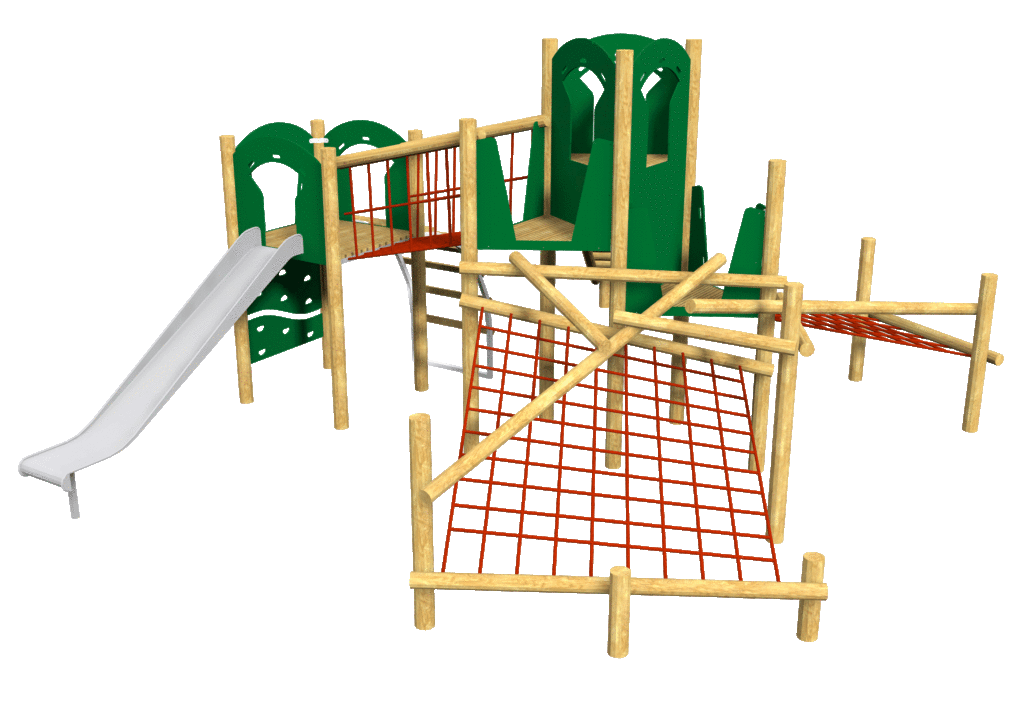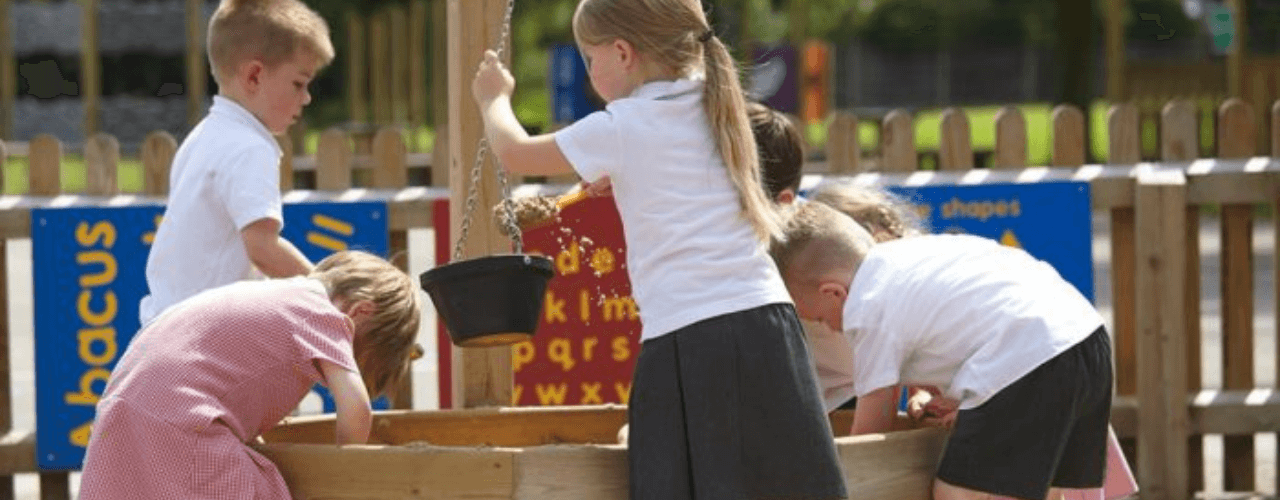- Products
-
-
The Image Range
Explore our range of playground equipment, shelters, seating and safety surfacing.
We also produce many bespoke pieces themed to specific projects, so if you’ve got something in mind, or you’re looking for ideas we’d love to talk it through – just get in touch.

-
-
- Key Projects
- Testimonials
- About
- Blog
Sensory Play Equipment That Transforms Learning and Development

In educational development, sensory play has emerged as a pivotal element in fostering an enriching learning environment for children. Let’s dive into the significance of sensory play and its profound impact on children’s cognitive, social, and emotional growth by exploring various types of sensory play equipment.
What is Sensory Play?
Sensory play involves stimulating a child’s senses—touch, smell, taste, movement, balance, sight, and hearing. It’s a fundamental aspect of learning and development, offering a hands-on, interactive way to explore the world. Through sensory play, children develop cognitive skills, enhance their memory, learn how to solve problems and engage in more complex thinking. Beyond cognitive growth, sensory play supports physical development, including fine and gross motor skills, and fosters social and emotional understanding by encouraging children to work together and express themselves freely.
Types of Sensory Play Equipment
To cater to the diverse needs of sensory exploration, several types of equipment have been designed, each offering unique benefits:
- Sand Play: Sandboxes or sand tables provide a versatile medium for sensory play. Children can dig, pour, sift, and sculpt, developing fine motor skills and learning concepts related to physics and mathematics, such as volume and density.
- Water Play: Water tables or outdoor water play areas engage children in exploring the properties of liquids. Activities like pouring, measuring, and splashing enhance understanding of cause and effect, buoyancy, and flow.
- Mud Kitchen: A mud kitchen offers a creative and tactile experience, allowing children to mix soil, water, and natural materials. This form of play supports imaginative play, encourages role-playing, and introduces basic chemistry concepts.
- Musical Instruments: Incorporating musical instruments into sensory play fosters auditory development, rhythm, and coordination. It encourages self-expression, emotional regulation and enhances listening skills.
Benefits of Sensory Play Equipment
Integrating sensory play equipment into educational environments plays a pivotal role in the holistic development of children. This equipment is not just about play; it’s a critical tool for enhancing various developmental domains. Here’s a deeper look into the multifaceted benefits it offers:
- Refinement of Motor Skills
Sensory play equipment challenges and engages children’s fine and gross motor skills. Manipulating sand tools, pouring water, or playing musical instruments requires precision, coordination, and control. These activities strengthen the muscles in the hands and fingers, improve hand-eye coordination, and develop skills crucial for writing, buttoning, and other daily tasks. - Language Acquisition and Enrichment
Sensory experiences are rich in new vocabulary and concepts. As children describe their play, ask questions, and share discoveries, they’re introduced to words and phrases that describe textures, actions, and sensations. This enrichment of vocabulary is essential for effective communication, reading, and writing skills. Moreover, sensory play provides a context for using language in meaningful ways, enhancing comprehension and expressive abilities. - Social Skills and Cooperative Play
When children engage with sensory play equipment together, they learn valuable lessons in sharing, negotiation, and conflict resolution. This cooperative play encourages them to understand perspectives other than their own, developing empathy and social awareness. It fosters teamwork and teaches children to follow shared rules, creating a harmonious learning environment. - Cognitive Development
Sensory play is inherently exploratory, prompting children to use critical thinking skills as they experiment with materials. They learn about cause and effect, make predictions, and test hypotheses, engaging in the foundational aspects of scientific thinking. This type of play also supports memory development, as sensory experiences are more likely to be retained in long-term memory due to their engaging nature. - Emotional Regulation and Stress Reduction
For many children, sensory play can be incredibly soothing. The tactile experience of sand running through fingers or the repetitive motion of stirring in a mud kitchen can relieve stress. This calming effect is especially beneficial for children with anxiety or those who are easily overstimulated, providing a safe outlet for processing emotions and calming their minds. - Therapeutic Benefits for Sensory Processing
Sensory play equipment can be particularly beneficial for children with sensory processing disorders. It allows them to safely navigate and experiment with sensory input in a controlled environment, helping to desensitise them to stimuli that they might find overwhelming in other contexts. This can improve how they process sensory information in their daily lives, enhancing their ability to participate in a wider range of activities and social interactions.
Choosing the Right Sensory Play Equipment
Selecting the appropriate sensory play equipment is crucial for maximising its benefits. Consider the following factors:
- Age Appropriateness: Ensure the equipment matches the developmental stage and abilities of the children. For example, larger sand tools might be suitable for toddlers, whereas smaller, more detailed tools can engage older children.
- Safety: The equipment should be non-toxic, durable, and free from sharp edges or small parts that could pose a choking hazard.
- Variety: Offering a range of sensory experiences can cater to different interests and learning styles, ensuring all children benefit from sensory play.
- Educational Value: Choose equipment that can be used in multiple ways to support learning across different domains, such as math, science, language, and social studies.
Incorporating sensory play equipment into educational and play settings is about providing fun activities and laying a foundation for lifelong learning and development. Sensory play is a gateway to a world of learning, where the journey is as rewarding as the destination.
Contact us today for sensory play solutions for your space and nurture a generation of curious, confident, and well-rounded learners.